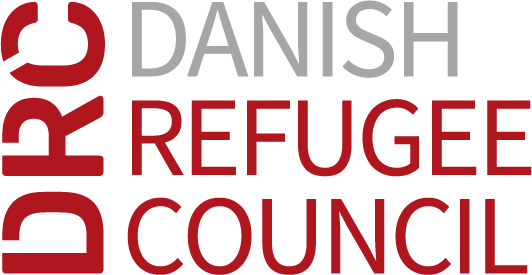Solidarités International (SI) supports food security and economic resilience in Yemen through emergency food assistance and agricultural recovery programs. In Ta’izz governorate, SI has developed services to assist smallholder farmers and breeders, aiming to enhance resilience and increase household incomes
As part of these efforts, ITAR Consultants conducted a Value Chain Assessment to provide actionable recommendations for strengthening local farming systems. The study employed desk reviews, key informant interviews, and focus group discussions, focusing on the dairy and vegetable value chains.
The key objectives were to:
- Map the dairy and vegetable value chains investigating links between actors engaging in the same market and highlighting how value is added to a specific food product (vegetable, dairy or meat) from the farm to end beneficiaries
- Identify disruptions and barriers preventing value addition, income generation and distribution along the value chain.
- Identify and analyse opportunities for growth, job creation and profitability along specific products within targeted value chains.
- Develop programmatic recommendations to support local farmers, women’s economic empowerment, social cohesion, and IDP economic integration, with a focus on sustainability and resilience
- Build SI’ internal capacity on the Value Chain Approach, integrating capacity-building workshops into the research process.
The findings informed strategic interventions aimed at fostering inclusive, sustainable, and climate-sensitive agricultural value chains in Yemen.
Summary of the approach implemented:






